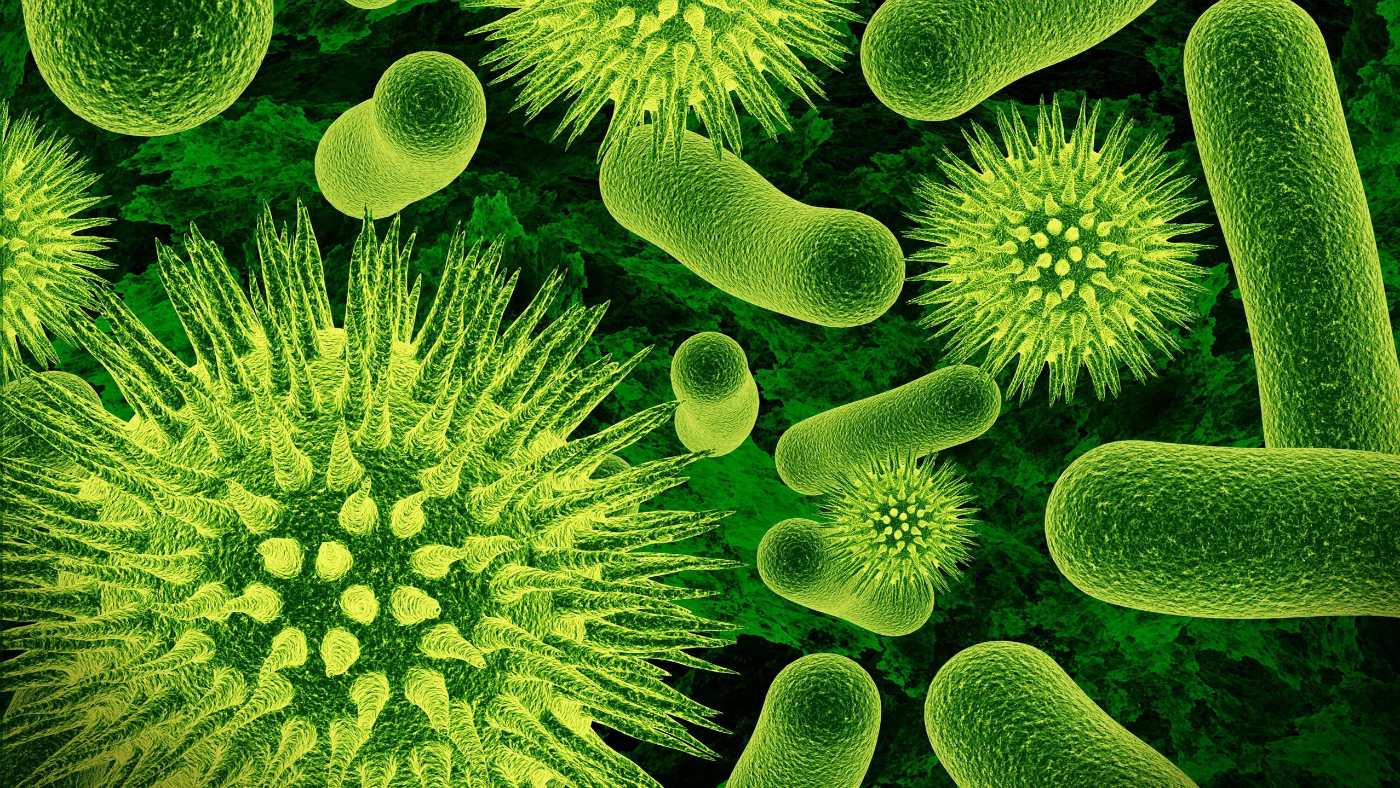Rise of the virovores: virus-eating organism discovered
US researchers have found a fresh-water plankton that can live exclusively on a diet of viruses

A free daily email with the biggest news stories of the day – and the best features from TheWeek.com
You are now subscribed
Your newsletter sign-up was successful
A microscopic fresh-water plankton has been identified as the first-known life form that gobbles up and thrives on viruses, scientists have announced.
Viruses are “consumed incidentally” by a wide range of organisms, said Science Alert, but only a microbe called Halteria qualifies for the newly coined classification of “virovore” – an organism that can live and prosper on a virus-only diet.
In a laboratory study by researchers at the University of Nebraska-Lincoln, a population of Halteria that were fed chloroviruses “grew about 15 times larger in two days”, while the “virus population dropped a hundredfold”, the site reported.
The Week
Escape your echo chamber. Get the facts behind the news, plus analysis from multiple perspectives.

Sign up for The Week's Free Newsletters
From our morning news briefing to a weekly Good News Newsletter, get the best of The Week delivered directly to your inbox.
From our morning news briefing to a weekly Good News Newsletter, get the best of The Week delivered directly to your inbox.
Study co-author John DeLong said the premise of the research was that “everything should want to eat” viruses. “They’re made up of really good stuff: nucleic acids, a lot of nitrogen and phosphorous,” he said. “So many things will eat anything they can get ahold of. Surely something would have learned how to eat these really good raw materials.”
After discovering that Halteria did just that in the lab experiment, “now we have to go find out if this is true in nature”, he added. The newly identified virovore “is probably not the only one as millions of types have yet to be discovered”, said euronews.
And that “may have some important implications” for the environment, said Popular Science. These viruses “play an integral part in shaping their freshwater environments in the way that they recycle carbon and other nutrients”. But if something is eating these viruses and is then consumed by bigger organisms, the site explained, “some of the nutrients and energy that would normally be recycled might work their way up the food chain instead”.
A free daily email with the biggest news stories of the day – and the best features from TheWeek.com
Richard Windsor is a freelance writer for The Week Digital. He began his journalism career writing about politics and sport while studying at the University of Southampton. He then worked across various football publications before specialising in cycling for almost nine years, covering major races including the Tour de France and interviewing some of the sport’s top riders. He led Cycling Weekly’s digital platforms as editor for seven of those years, helping to transform the publication into the UK’s largest cycling website. He now works as a freelance writer, editor and consultant.
-
 The President’s Cake: ‘sweet tragedy’ about a little girl on a baking mission in Iraq
The President’s Cake: ‘sweet tragedy’ about a little girl on a baking mission in IraqThe Week Recommends Charming debut from Hasan Hadi is filled with ‘vivid characters’
-
 Kia EV4: a ‘terrifically comfy’ electric car
Kia EV4: a ‘terrifically comfy’ electric carThe Week Recommends The family-friendly vehicle has ‘plush seats’ and generous space
-
 Bonfire of the Murdochs: an ‘utterly gripping’ book
Bonfire of the Murdochs: an ‘utterly gripping’ bookThe Week Recommends Gabriel Sherman examines Rupert Murdoch’s ‘war of succession’ over his media empire